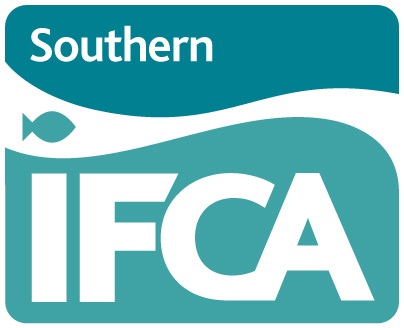Hand Gathering Fisheries
Gathering of fish and shellfish species along the shore has been carried out commercially and recreationally for centuries along the Dorset, Hampshire and Isle of Wight coasts.
The most frequently gathered species include Manila clams ( Ruditapes philippinarum ), cockles ( Cerastoderma edule ) and Pacific oysters ( Magallana gigas ). These are gathered at low tide by commercial and recreational gatherers throughout the District, with popular spots including Poole Harbour, The Hamble Estuary, Hill head in the Solent and Portsmouth Harbour.
The collection of bait, most commonly ragworm and lugworm is also carried out by a number of recreational and commercial bait diggers. This activity occurs mainly in the Solent and Poole Harbour where there is suitable sandy or muddy substrate which support these two species of marine worm.
On the Isle of Wight, a different form of hand gathering occurs when the tide is low, but in knee deep water. Recreational fishers use hand held nets which are pushed along the seabed to gather prawns. ‘Push-netting’ can also be used to collect shrimps and, is focused over sediment habitats near to rocks or weedy areas.
Hand gathering in the District is managed through a number of Southern IFCA byelaws. These are designed to protect seagrass beds from damaging digging and trampling activities, and to protect overwintering bird species from disturbance and decreased food availability in our Harbours. Periwinkles are also protected from collection during the summer months. For further information on the Management Measures which apply to hand gathering activities in the district please visit our Shore Gathering Regulations Page.
